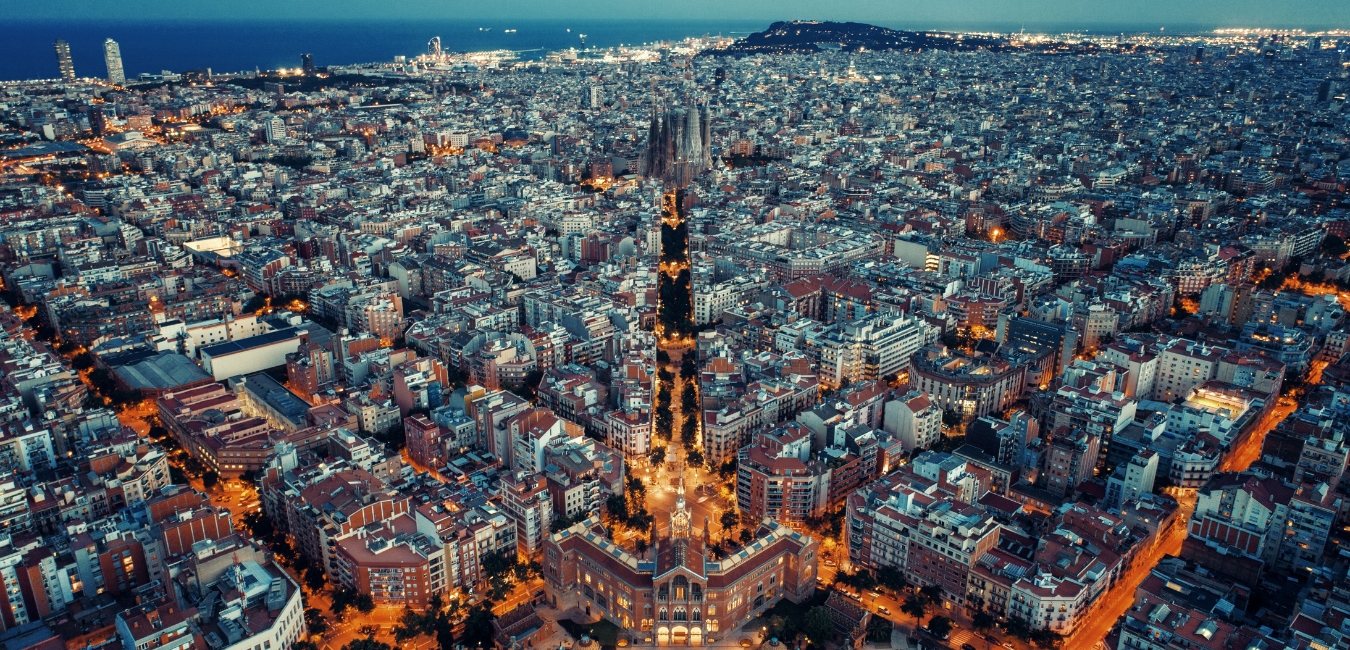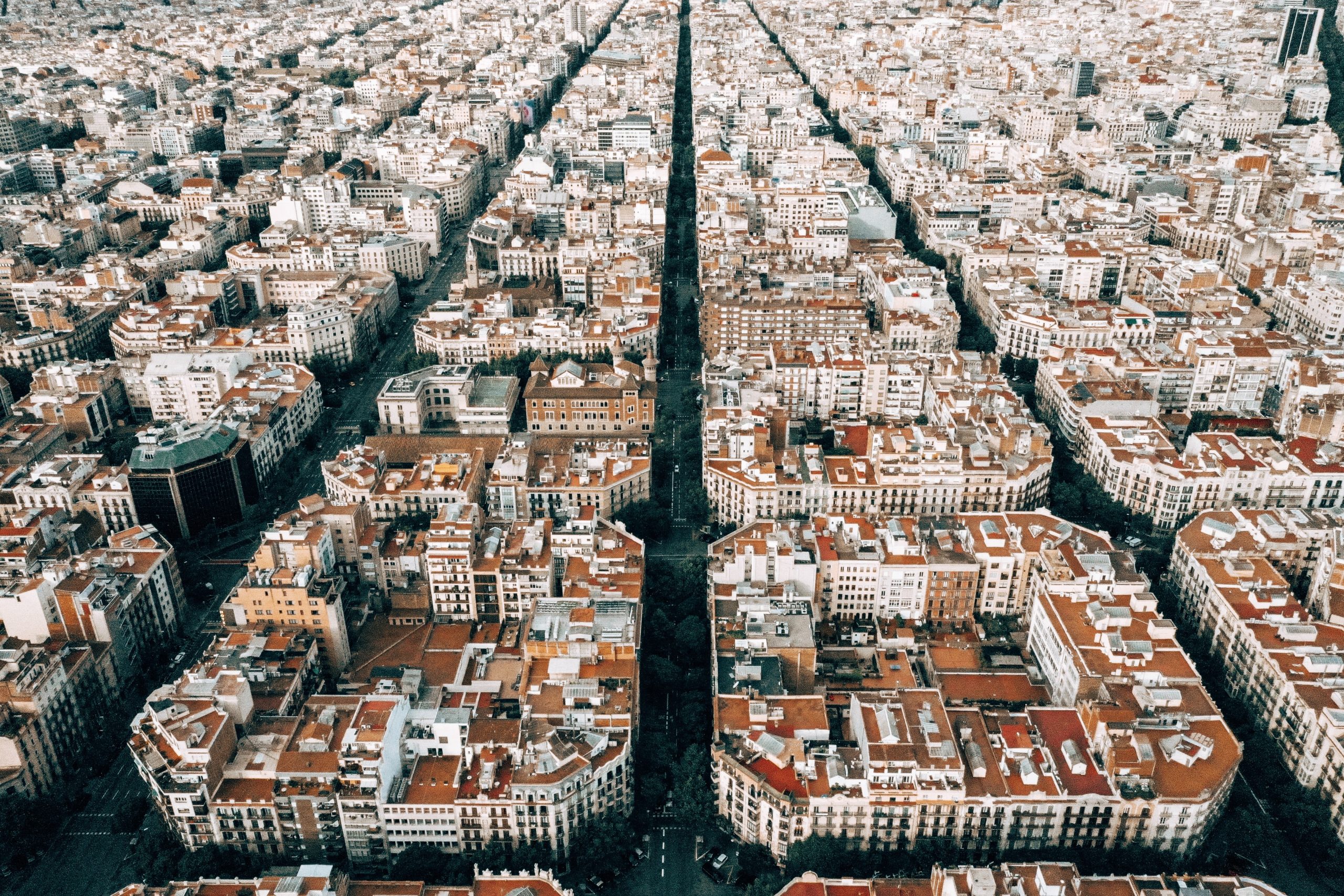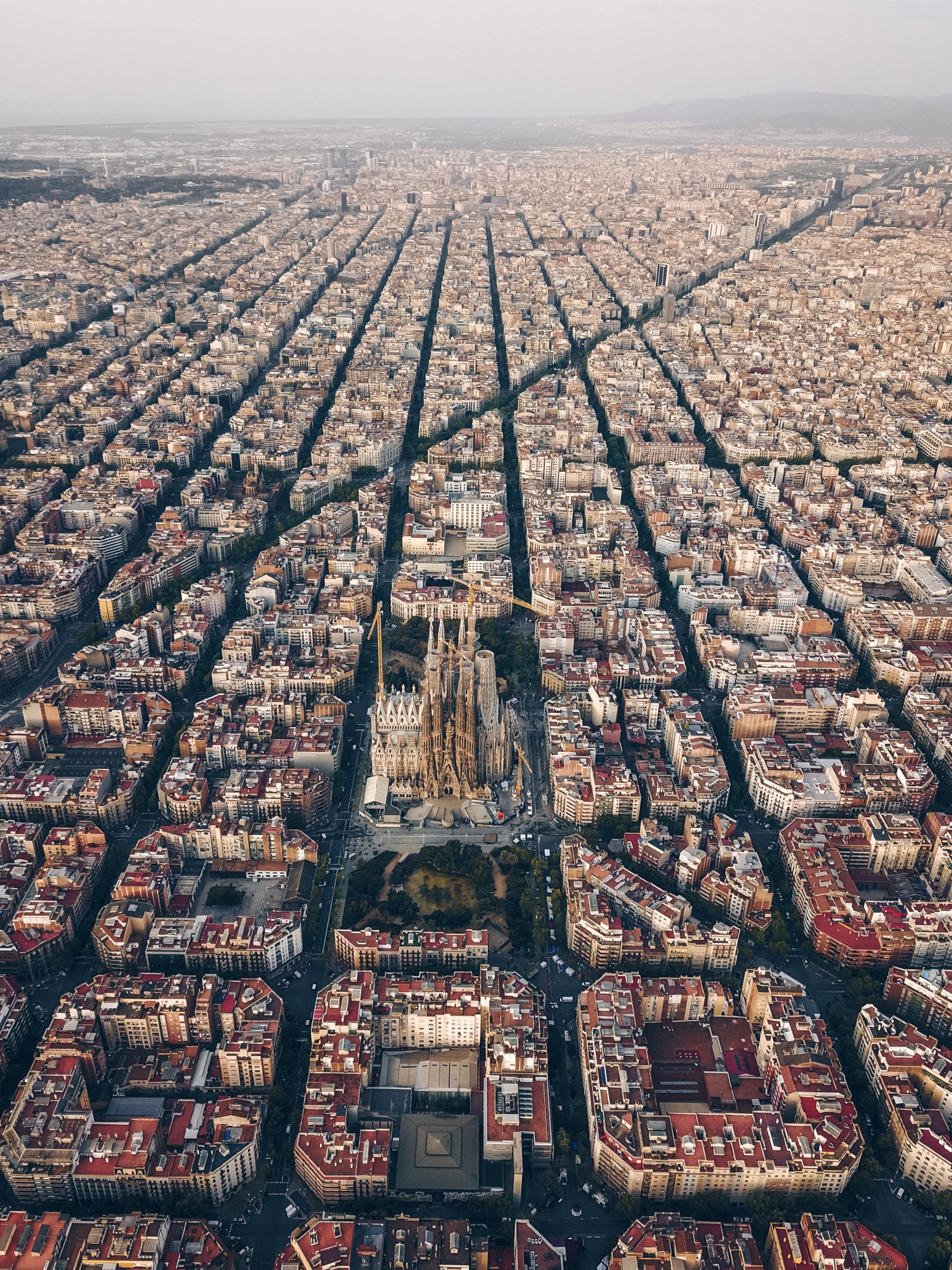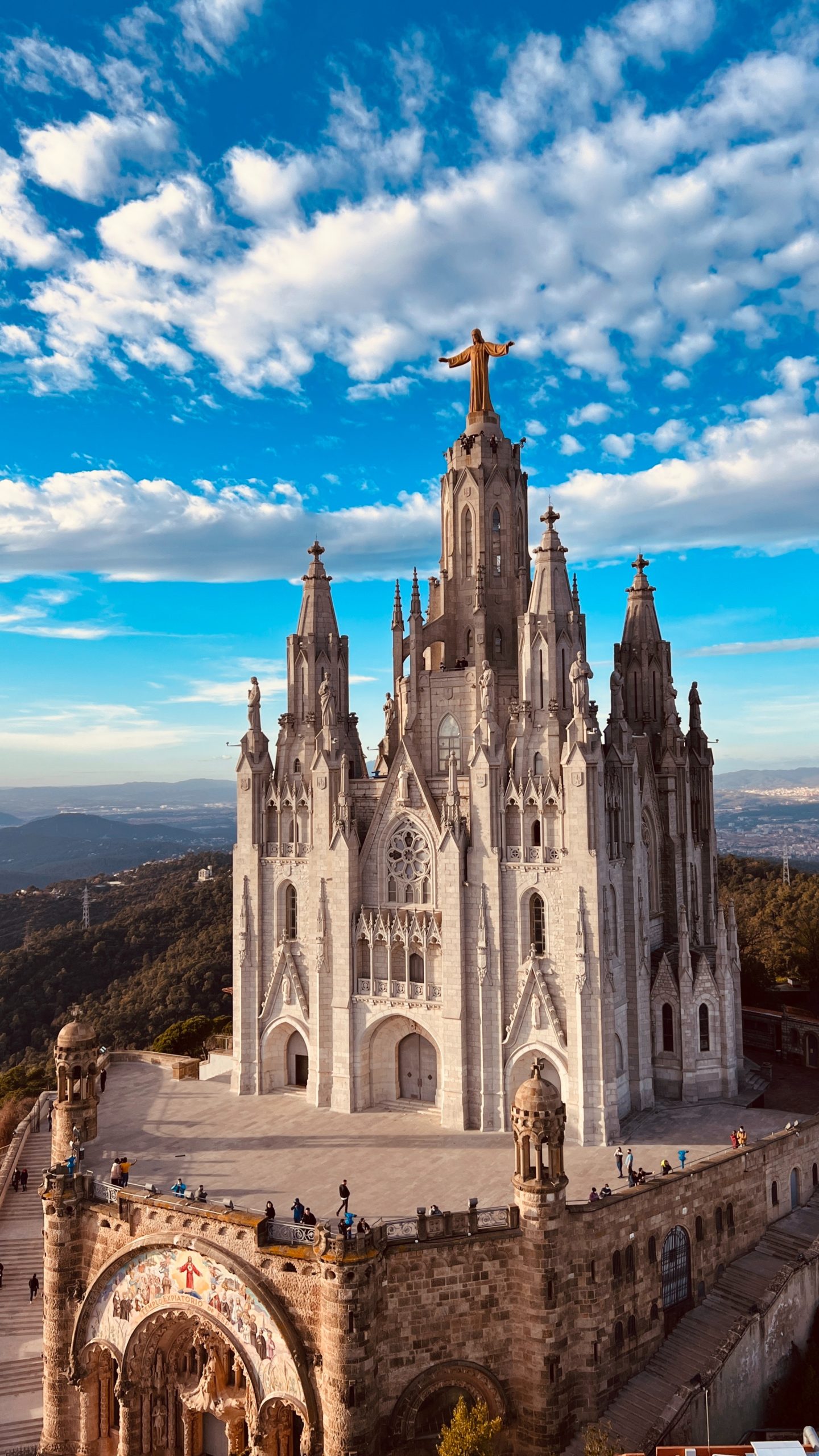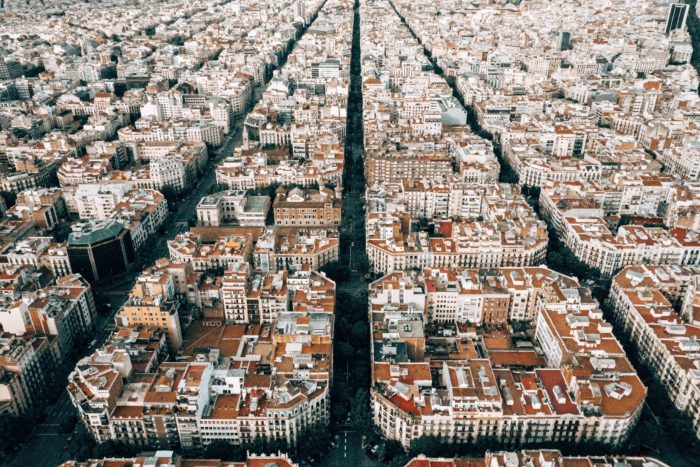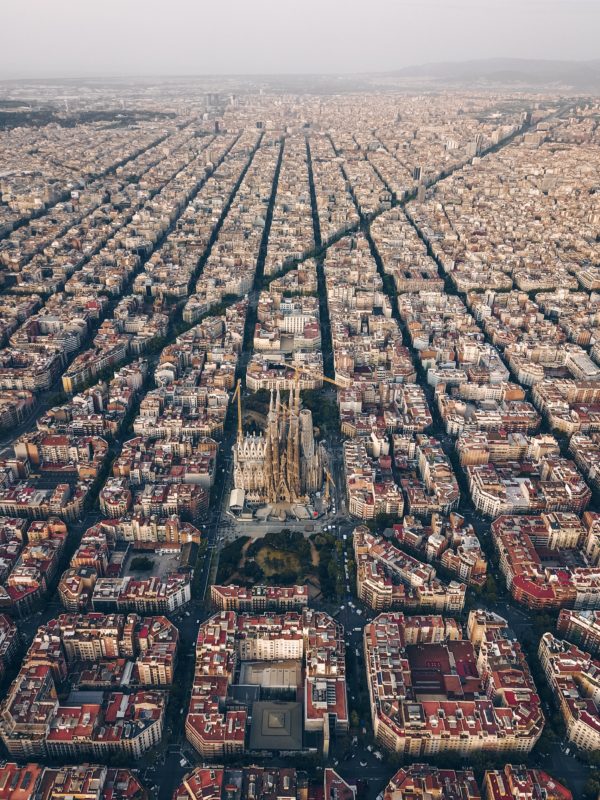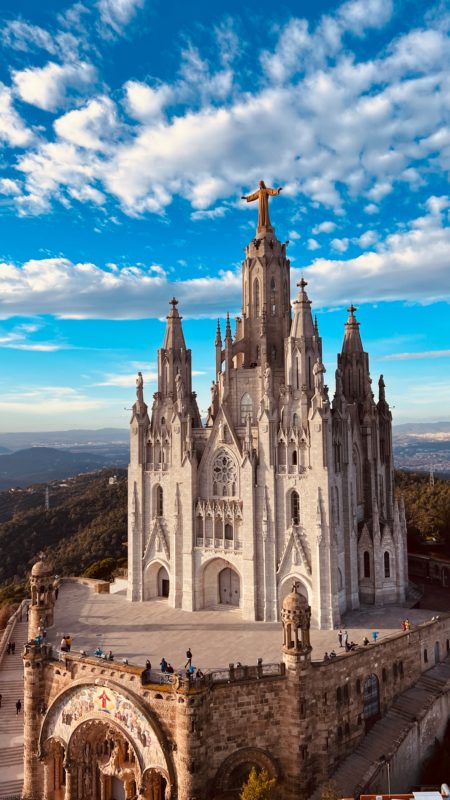Director-General of UNESCO Audrey Azoulay has announced that Barcelona will serve as the organization’s World Capital of Architecture in 2026. The renowned architect Dominique Perrault presides over the Joint UNESCO-UIA Committee for the World Capital of Architecture, which made its nomination for the title.
Audrey Azoulay stated during her keynote address at the UIA World Congress of Architects, “We’re thrilled that Barcelona will serve as the 2026 World Capital of Architecture. Barcelona will expand on Copenhagen’s achievements by demonstrating how architecture and culture can meet both present and future requirements for the benefit of humanity as a whole.”
The New World Capital of Architecture
To highlight the importance of architecture, urbanization, and culture in establishing urban identity and environmentally friendly urban expansion, UNESCO and the UIA created the World Capital of Architecture endeavor together. Every three years, UNESCO names the city that hosts the UIA World Congress as the World Capital of Architecture.
Designated cities are thrust to the center of international debates about the most pressing challenges facing urban planning and architecture today. Barcelona will join Rio de Janeiro in 2020 and Copenhagen this year as the recipients of this honor.
UIA President José Luis Cortés noted, “By expanding on Rio de Janeiro’s achievements, we’ve reached a larger audience that will be better equipped for involvement now that the COVID-19 outbreak has subsided.”
Barcelona will host numerous events and programs for the 2026 initiative throughout the year. The Municipality of Barcelona, in conjunction with the Consejo Superior de los Colegios de Arquitectos de Espaa (CSCAE) and the Colegio Oficial de Arquitectos de Cataluña (COAC), will help organize an extensive program of events, public displays, activities, and projects that will explicitly show and emphasize the significance and worth of the role of architecture and urban design for the long-term growth of the City of Barcelona.
It will serve as an infrastructure for the cohabitation of varied populations and needs in the City of Barcelona by facilitating shared educational experiences, seminars, lectures, ceremonies, sightseeing trips, exhibitions, and other events centered on the city’s distinctive architectural and urban cultural heritage. Anyone from students to professionals to tourists worldwide will be welcome to attend these activities and programs.
